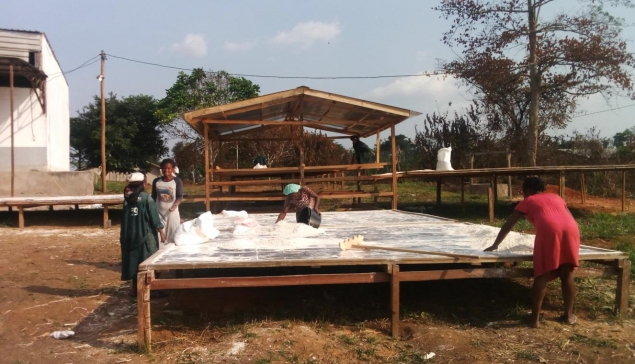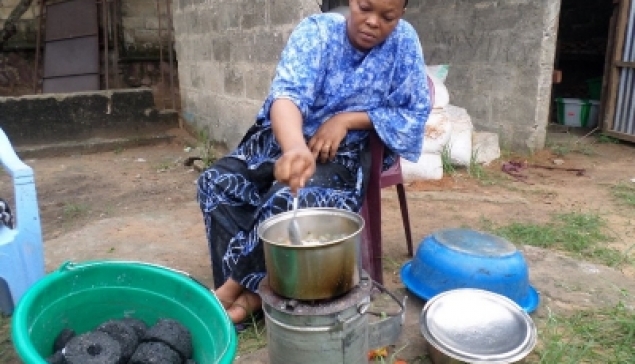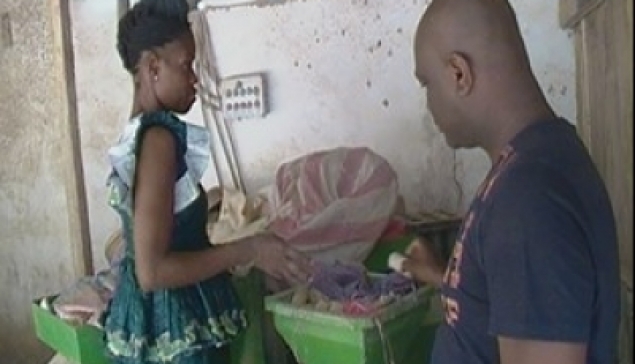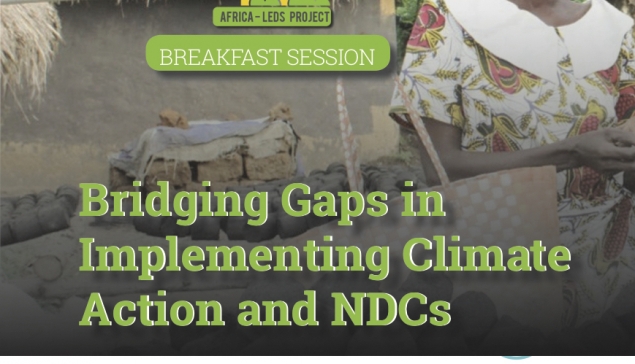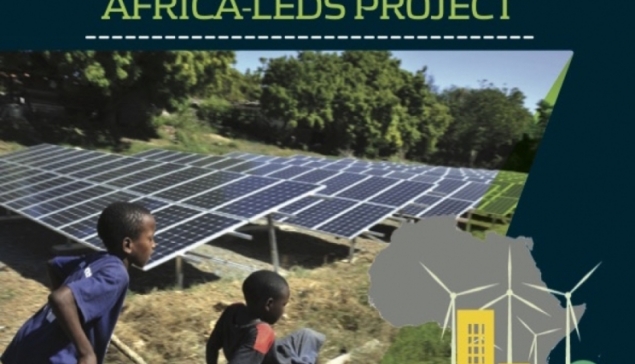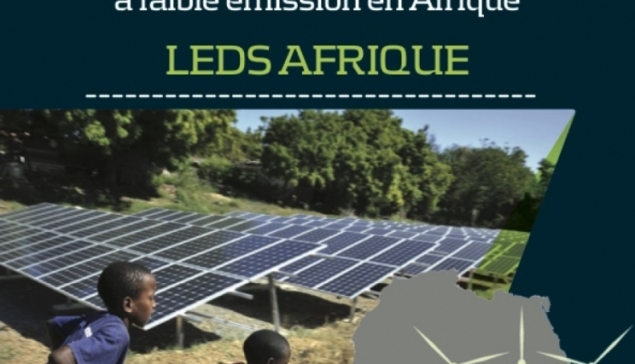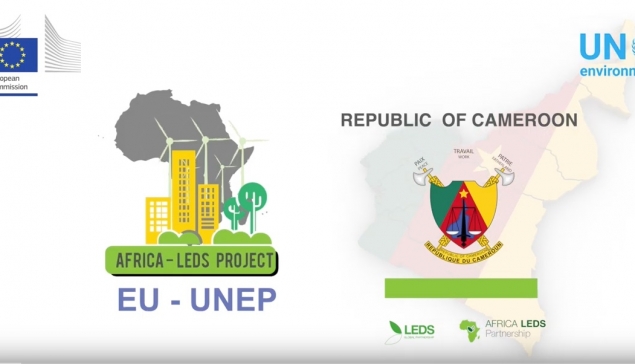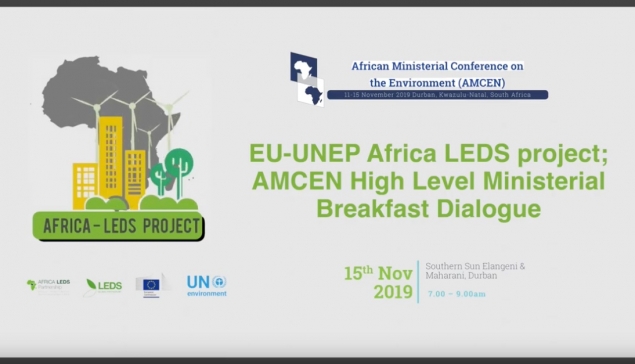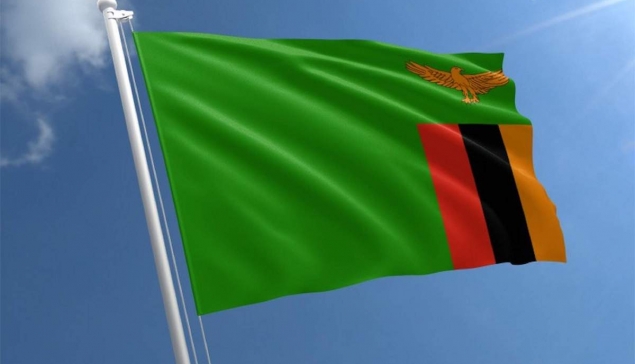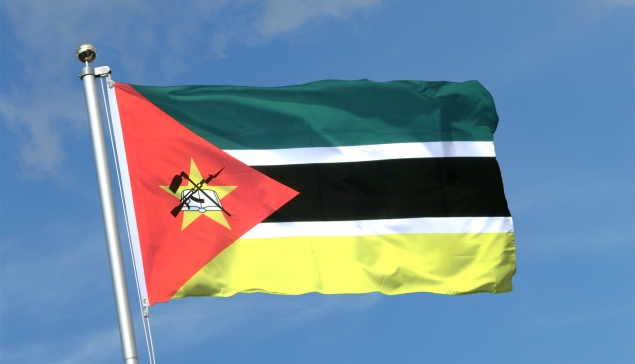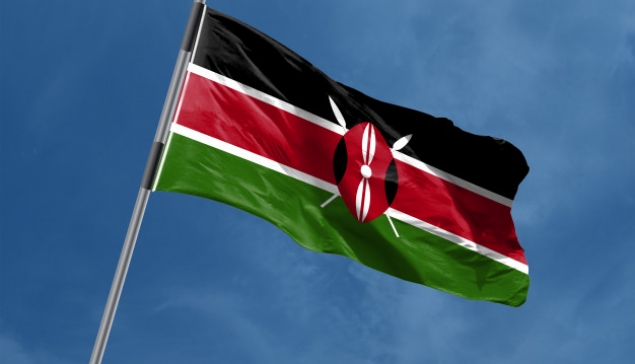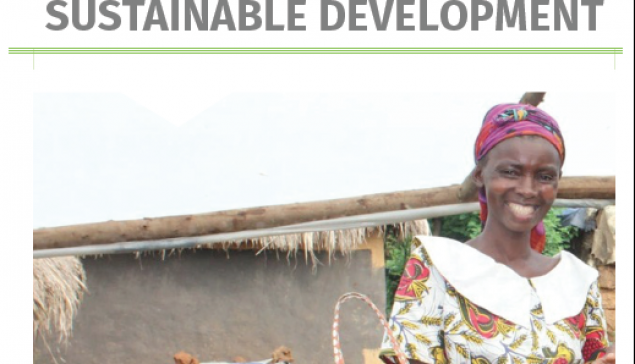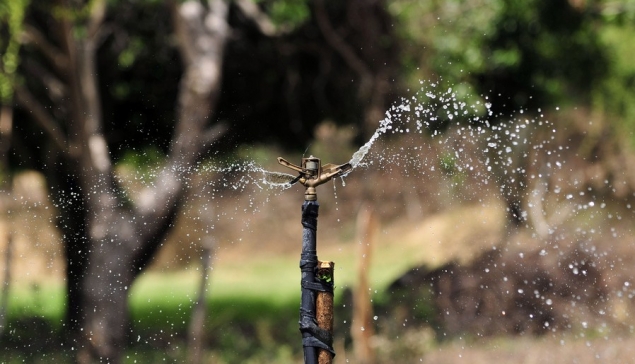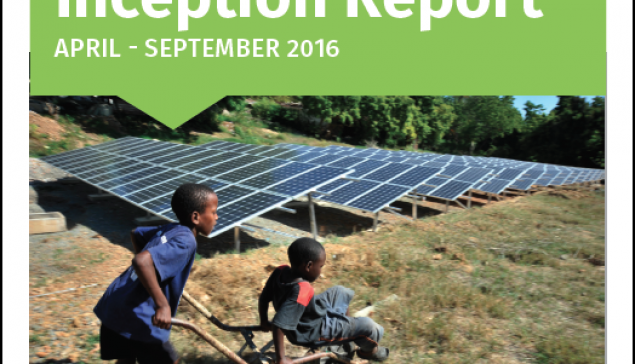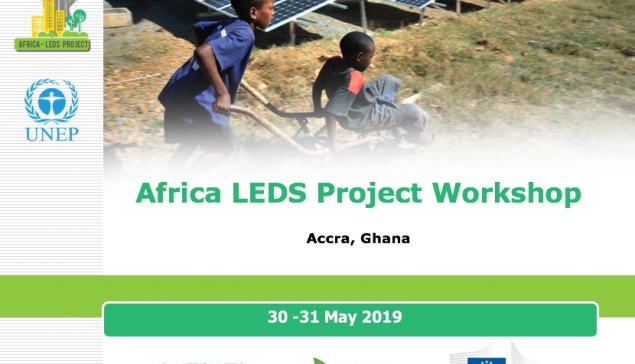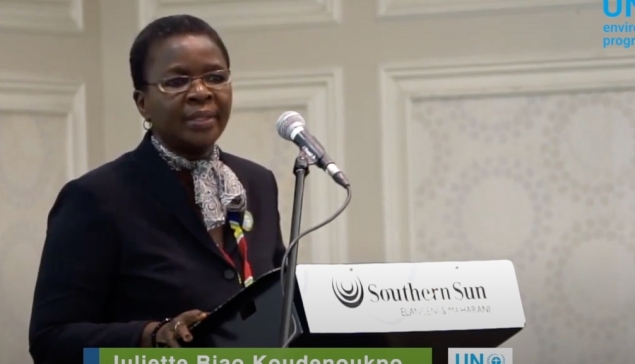Accra, Ghana, June 7, 2019 – Africa is a negligible emitter of greenhouse gases, yet the continent is particularly vulnerable to climate change, the primary driver of vulnerability being the prevailing low levels of socioeconomic development.
The rains used to be predictable and it was easy for local communities and farmers to plan according to the seasons. But times have changed, and livelihoods are increasingly being affected by the reality of climate change.
The implementation of the EU-UNEP Africa Low Emissions Development Strategies (Africa LEDS) Project has demonstrated, through action on the ground and investment support tools, that strategic implementation of Nationally Determined Contribution (NDC) priorities – aligned to key socioeconomic sectors – can maximise climate and socioeconomic benefits simultaneously.
The EU-UNEP Africa LEDS Project, funded by the European Union, supported seven partner countries to establish structures at policy and operational levels, to inform implementation investment decisions on NDCs, shifting focus from traditional approaches that focus on climate benefits alone.
Lessons from Partner Countries
At a peer-learning meeting last week in Accra, Ghana, the partner countries showcased project interventions aimed at unlocking socioeconomic opportunities through Low Emissions Development Actions.
Cameroon showed that greening the entire cassava value chain using nature-based approaches of agro-forestry at the farm level, clean energy for processing and ICT for linkage to markets can create multiple income opportunities while reducing the environmental burden.
In Cote d’Ivoire, a practical demonstration of the conversion of agricultural waste in rice fields into biofertilizer and fuel briquettes proved that communities can shift from high-emitting, conventional approaches to more sustainable approaches and unlock socioeconomic co-benefits.
Waste-to-briquettes tests in the Democratic Republic of the Congo demonstrated that the country could save up to 5000ha of natural forest by scaling-up and replicating the paradigm of waste to briquettes nationally.
Kenya made significant progress in modeling clean cooking solutions – the modeling results showed that a possible saving of 2.9 million tons of charcoal could be achieved in 2030; in monetary terms, this is the equivalent of a 165 billion Kenya Shilling-saving by 2030.
The impacts that have been identified in Zambia’s modelling activities include the creation of jobs, contribution to the earnings, GDP and output for the communities.
The work in Mozambique proved that a policy scaling up investment in the combination of agroforestry with solar powered irrigation would maximize all important parameters of climate action and development in the country.
Ghana provided novel lessons from their modelling actions, demonstrating that the NDC priorities in domestic energy, forestry, agriculture and land use could be maximised for both climate and socioeconomic benefit through a trajectory of clean cookstoves fired by renewable wood.
Strategic Drive for Africa’s NDCs and Low Emissions
The EU-UNEP Africa LEDS Project has highlighted numerous lessons which will drive Africa’s NDCs and low emissions. They included the amalgamating of actions across complimentary sectors for synergy, providing an accountability mechanism for countries’ unconditional NDCs, and the creation of opportunities for the youth, whose skills, talents and ongoing work can be leveraged as drivers of sustainable development.
The work further showed the importance of intra-Africa and south-south cooperation, and the harmonization of policy implementation between environment ministries and the other product ministries such as energy, agriculture forestry, transport, ICT and waste.
The Accra Action Agenda on Africa LEDS
Through the Accra Action Agenda on Low Emissions Development Strategies (LEDS) For Africa, participants attending the Africa LEDS experience-sharing meeting in Accra urged African governments to create an enabling environment for the use of low emissions development strategies across the continent, leveraging the strategic implementation of ambitious NDC commitments.
Among the Declaration’s actions is a request for governments, regional institutions and non-state actors to use low emissions development strategies as a business and enterprise opportunity by tapping into strategic implementation of NDCs, as demonstrated in the Africa LEDS project.
It also calls upon the AMCEN to take note of the Africa LEDS project outputs and outcomes with the intent of influencing policy across the African continent.
NOTES TO EDITORS
The Africa LEDS project was funded by the European Union Commission, implemented by country partners; UN Environment provided technical backstopping in guiding implementation at both strategic and operational level together with its technical partners, the Brew-Hammond Energy Centre of Kwame Nkrumah University of Science and Technology (KNUST) and the National Renewable Energy Laboratory (NREL).
For more information, please contact:
Mohamed Atani, Head of Communication and Outreach, UN Environment Africa Office, mohamed.atani [@]un.org. +254 727 531253
sources :



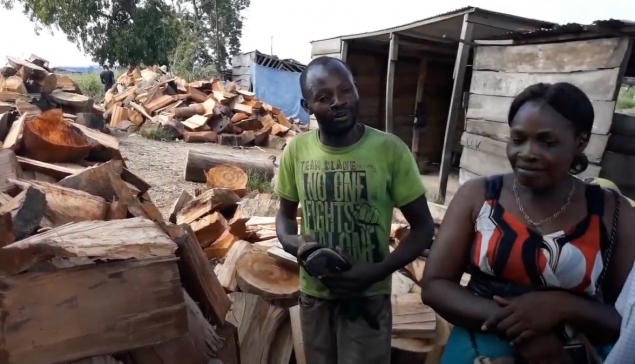
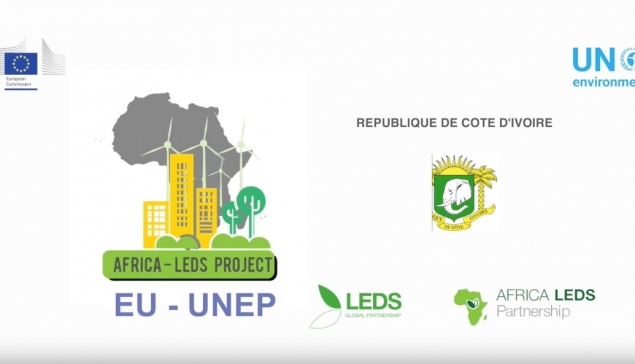

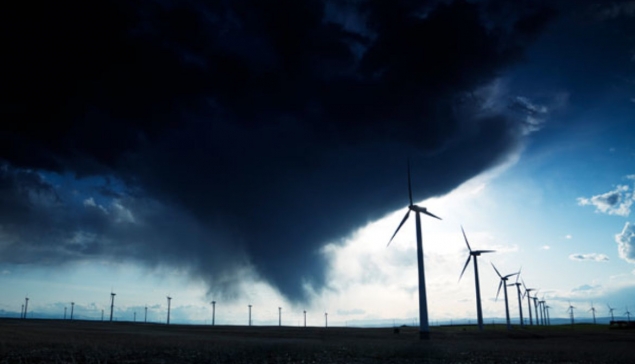
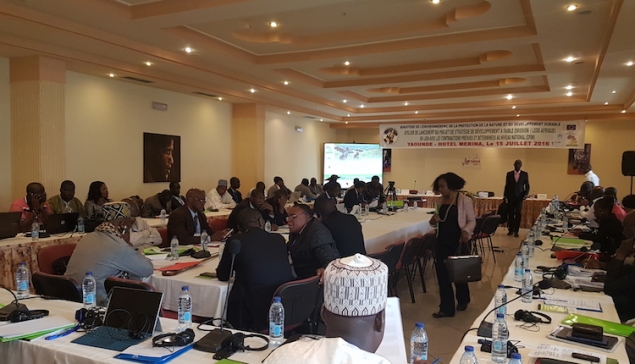
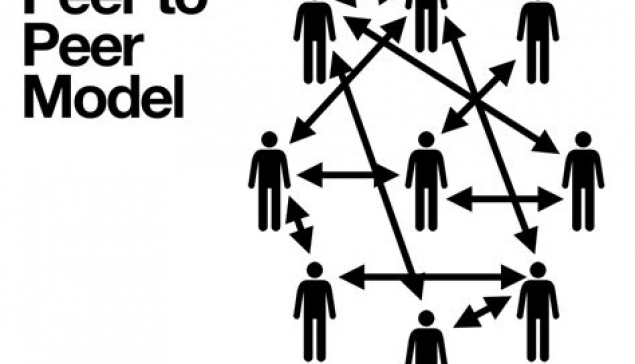

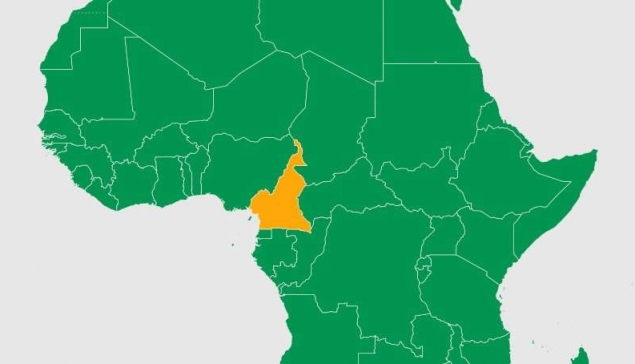
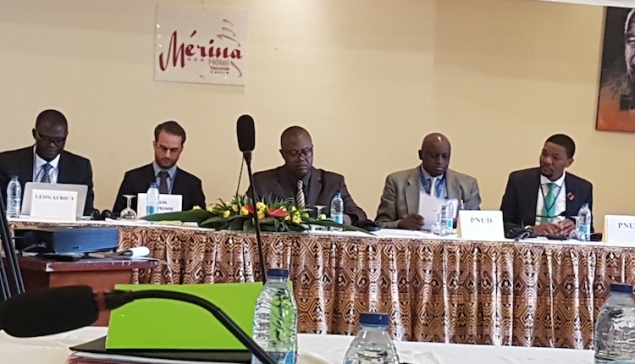
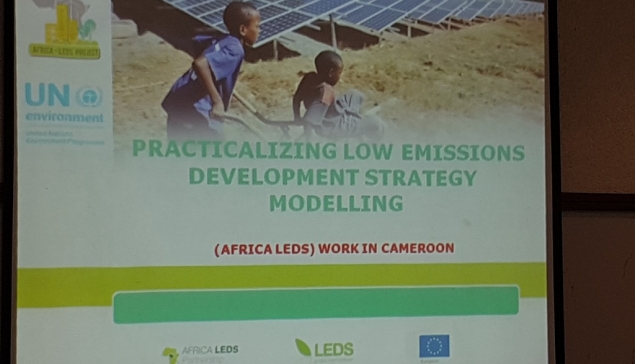
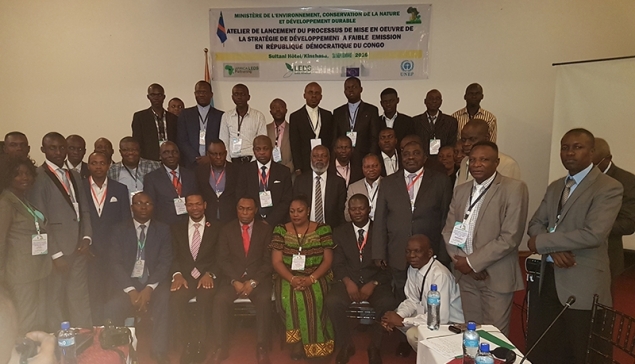
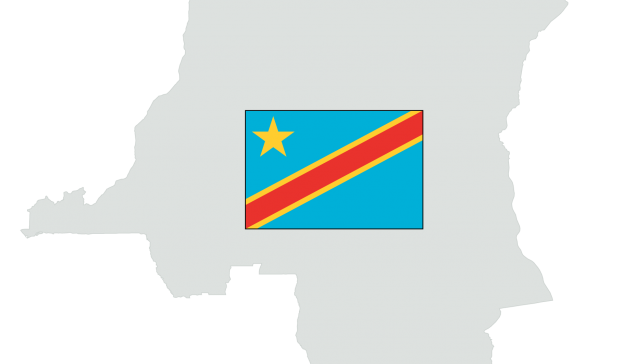
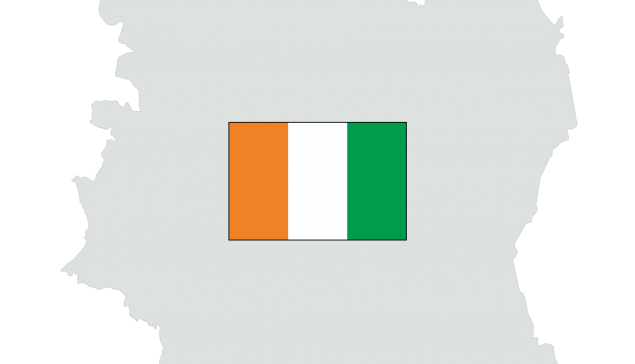
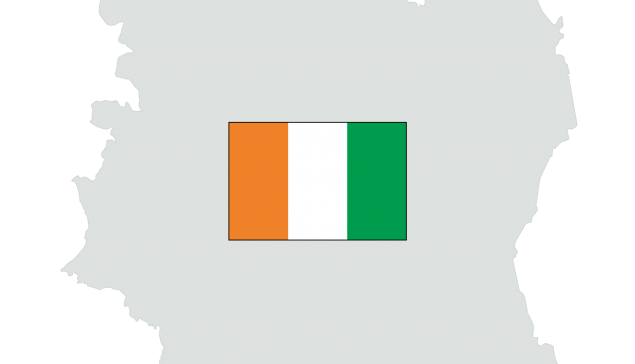
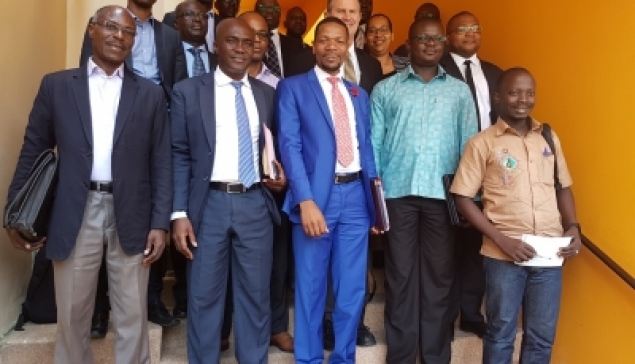
_large.jpg)
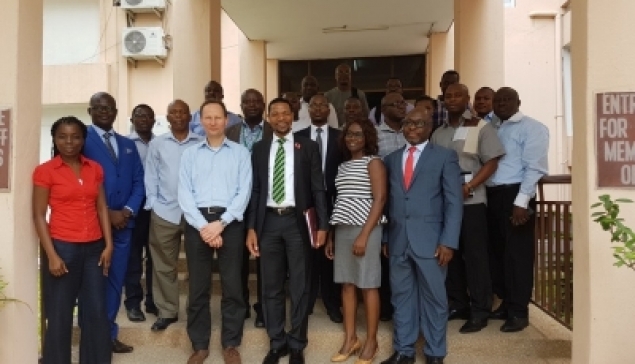
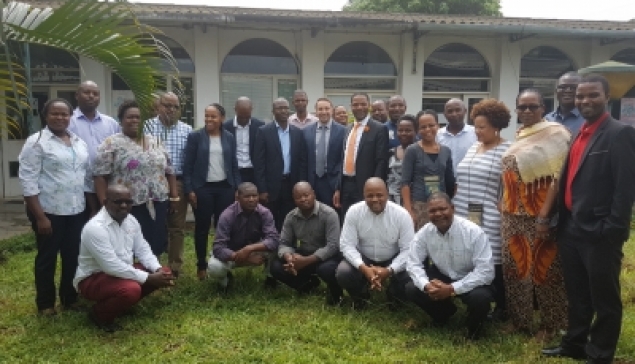
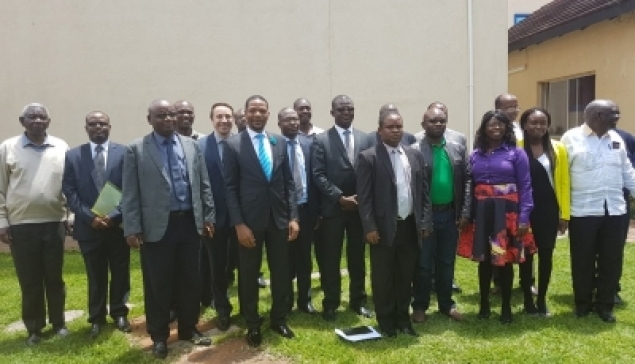
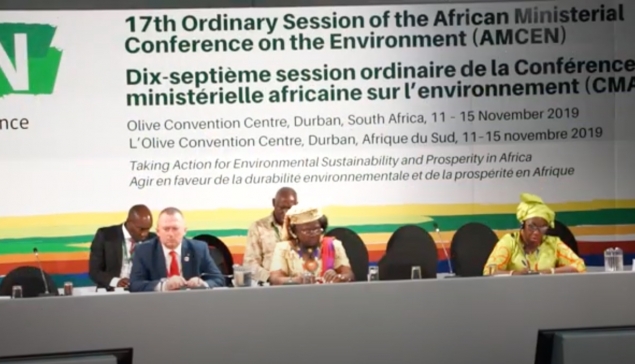

_large.jpg)
